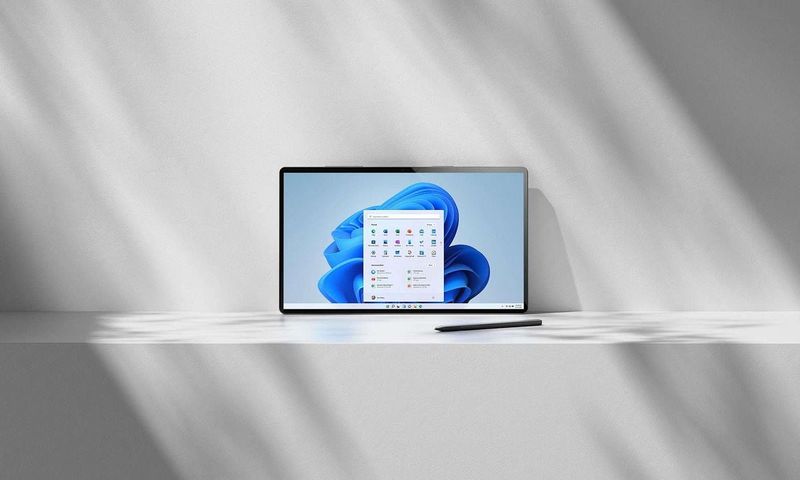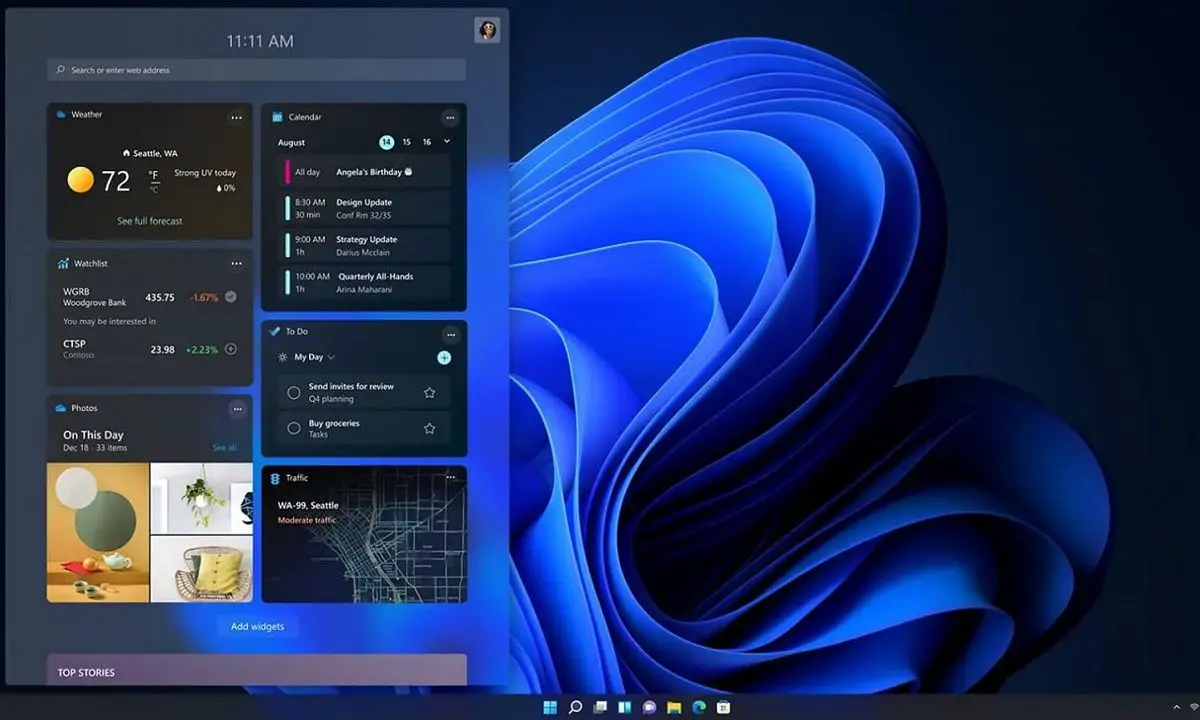When will Microsoft launch Windows 11? This is a question we have all been asking ourselves since its official announcement. It is true that we still do not have an official date from the Redmond giant, but documentation leaked by Intel made us look at October of this year. It makes sense, after all this new version of Microsoft’s well-known operating system was scheduled for the end of this year, but we still don’t have a truly concrete date.
We did not expect to get new information on this topic, but thanks to a recent leak of documentation from Microsoft itself, we have been able to discover that the Redmond giant plans to launch Windows 11 between October and November of this year. The documentation also indicates that OEMs have to submit their drivers by the fourth week of September, so we can say that everything fits, and it all makes sense.
Taking a look at the documentation titled “Windows 11 version 21H2 hardware driver submissions”, which sets out the conditions, and deadline, for uploading Windows 11 compatible drivers, we see that Microsoft has set September 24 as the deadline. The Redmond giant will most likely take, at most, a month to organize everything related to drivers and to polish any outstanding details, so we believe that the arrival of Windows 11 will take place between the end of October and the beginning of November.

Windows 11 could arrive on October 24
With everything we have said above, it is a date that seems quite reasonable to me, although it is pure intuition on my part, so you should not take it as a confirmed fact. In any case, the important thing is that it is not long before we can start enjoying Microsoft’s new operating system. If you can’t wait and want to start using it right away, don’t miss this guide where we explain how to install it step by step.
Keep in mind that the final version of Windows 11 will not be available until late October or early November, so if you decide to go ahead and try it right now you will be using a previous version that could differ, to a greater or lesser extent, from the final version. It is also important to remember that it may present some bugs, or even give you unidentified problems, so you should not install it on your regular computer.
Before finishing, we remind you that all Windows 10 users will be able to upgrade to Windows 11 at no cost, as long as they meet the requirements of the operating system since Microsoft itself has confirmed that it will be inflexible on this issue. Windows 7 and Windows 8 users will also be able to get this operating system for free, but they will not be able to upgrade directly, they will have to do a clean installation and use the license of their version of Windows for activation.




